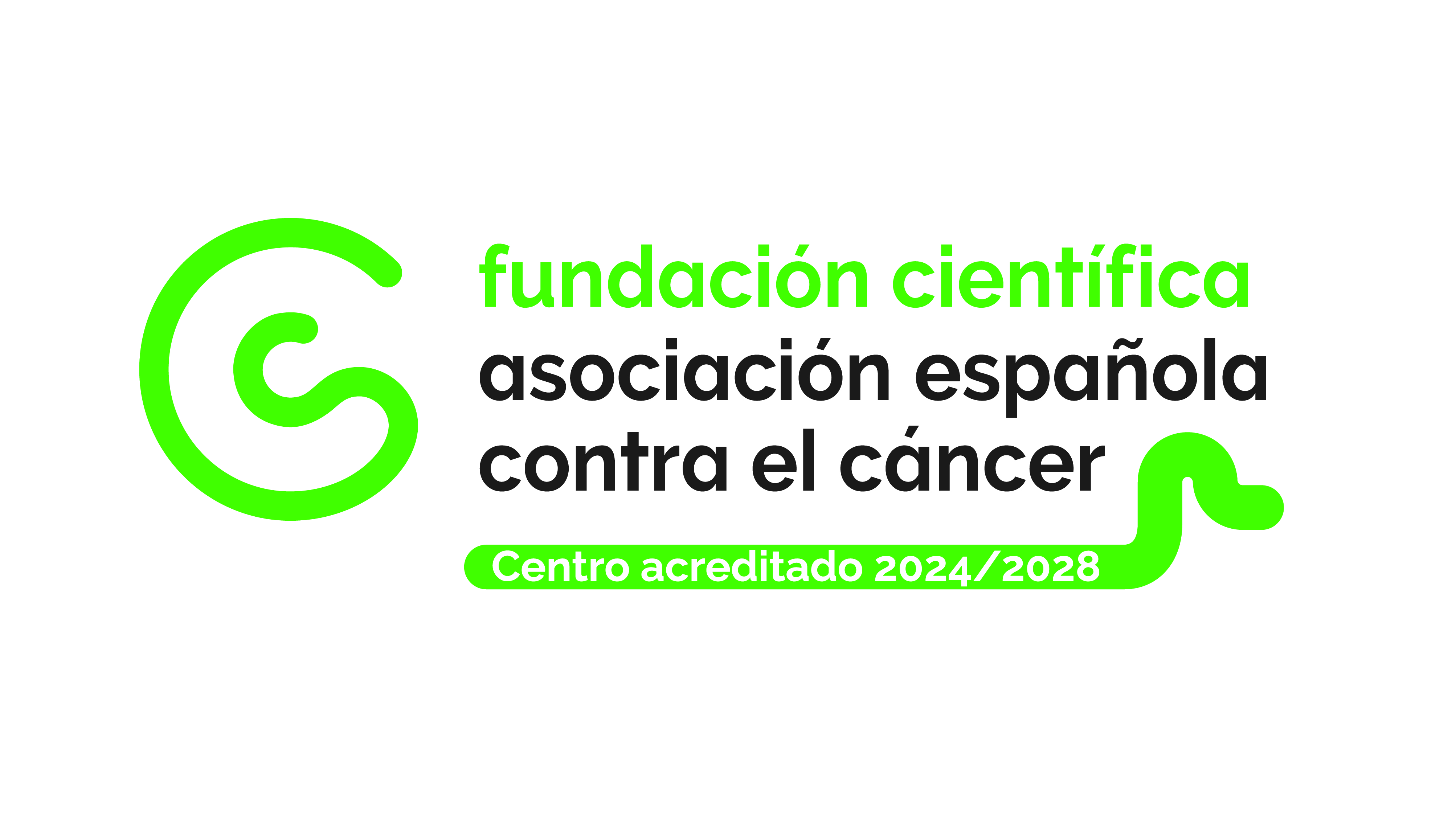Cód. SSPA: IBiS-B-17
Becoming a mother or father is one of the most significant life events characterized by substantial changes at biological, psychological, and social levels, helping mothers and fathers in adapting to their new role. Although these changes may be perceived as positive, evidence has shown that the perinatal period, spanning from conception to the year following childbirth, constitutes a period of vulnerability in development.
It is estimated that one in five women and one in ten men experience perinatal mental health problems, with depression and anxiety being the most prevalent. When these problems are not adequately addressed, they have a devastating impact on the entire family, being one of the leading causes of maternal suicide. Moreover, they negatively affect the physical and psychological development of the baby, increasing the risk of experiencing a mental health problem in adolescence and adulthood. Perinatal mental health problems incur a high cost to society. Studies conducted in the United Kingdom have estimated the cost to exceed £8.1 billion. Globally, they are considered a significant public health problem.
Within the research group Perinatal-IBiS Lab, we are carrying out leading clinical research that aims to promote mental health of women and their partners during the perinatal period and promote child development. The scope of research is broad, including pregnancy planning, fertility treatments, breastfeeding, grief, violence against women and reproductive health.
The research of the Perinatal-IBiS Lab group is based on the family approach, health promotion, continuous and comprehensive care and multidisciplinary collaboration of researchers and health professionals from different disciplines. Our team is part of the Research Network on 'Chronicity, Primary Care, and Health Promotion' (RICAPPS) and the International Network 'Maternal Perinatal Stress and Adverse Offspring Outcomes: Maximizing Child Development' (TREASURE).
Research lines
- Development and adaptation of methodological instruments, as well as clinical practice guidelines.
- Develop and validate risk algorithms for predicting mental health problems.
- Synthesize the existing evidence and evaluate cost-effectiveness of health promotion programs and preventive and treatment interventions.
- Develop and execute implementation research projects with the objective of integrating evidence on perinatal mental health into the usual practice of health services, especially in primary care and mental health.
- Evaluate the participation of patients, health professionals and political decisions in health research.
Link to the team website:















